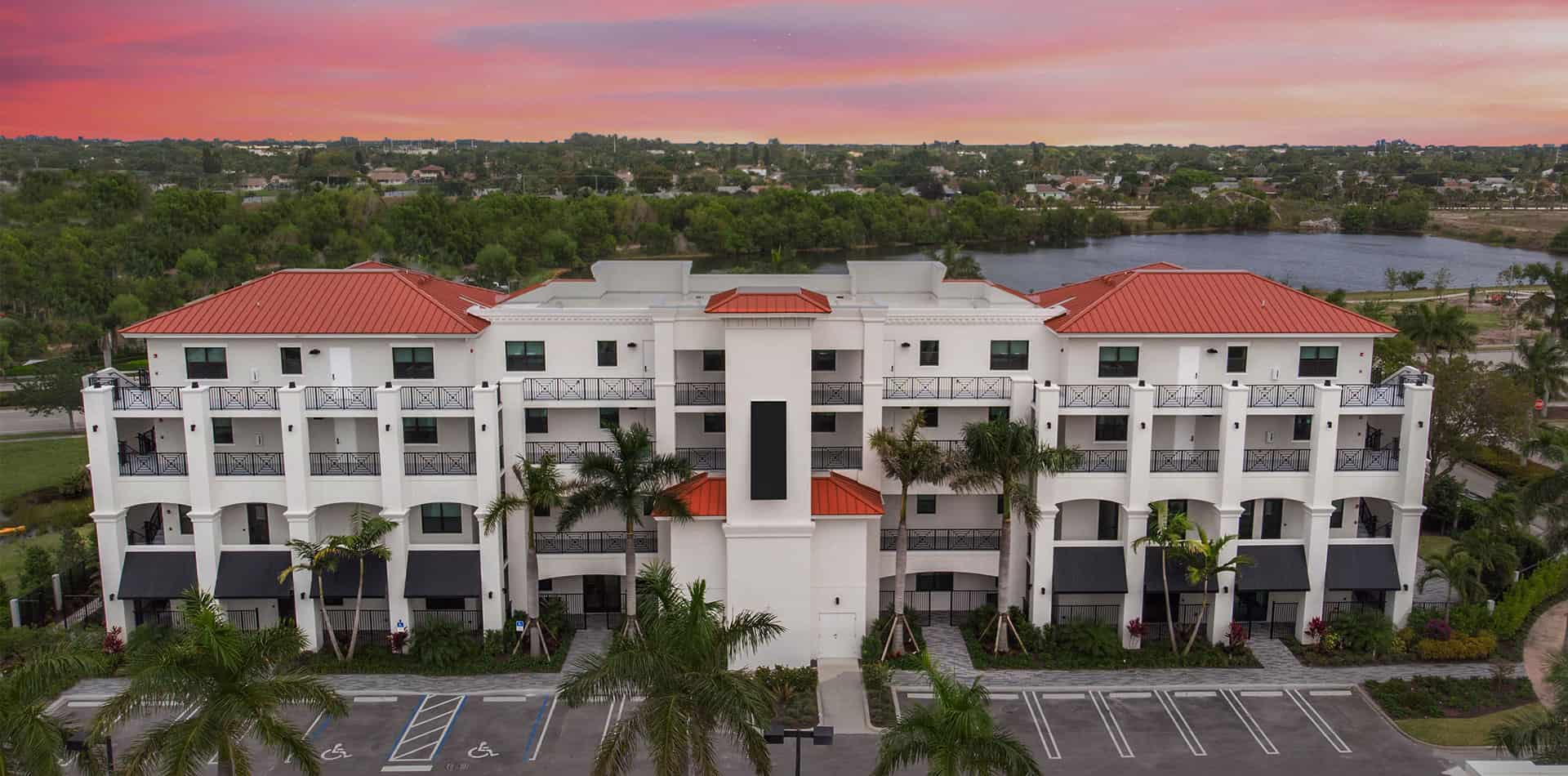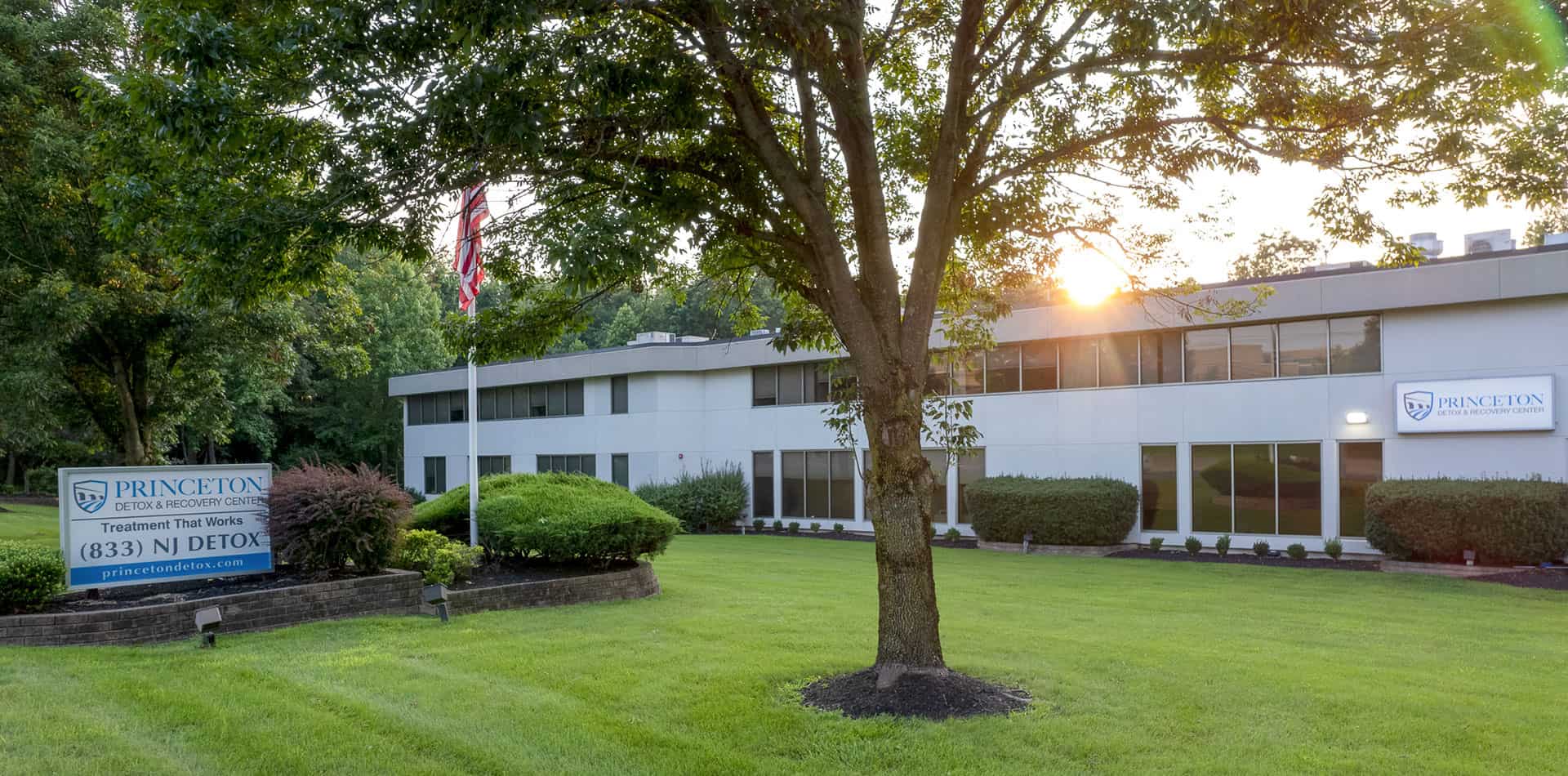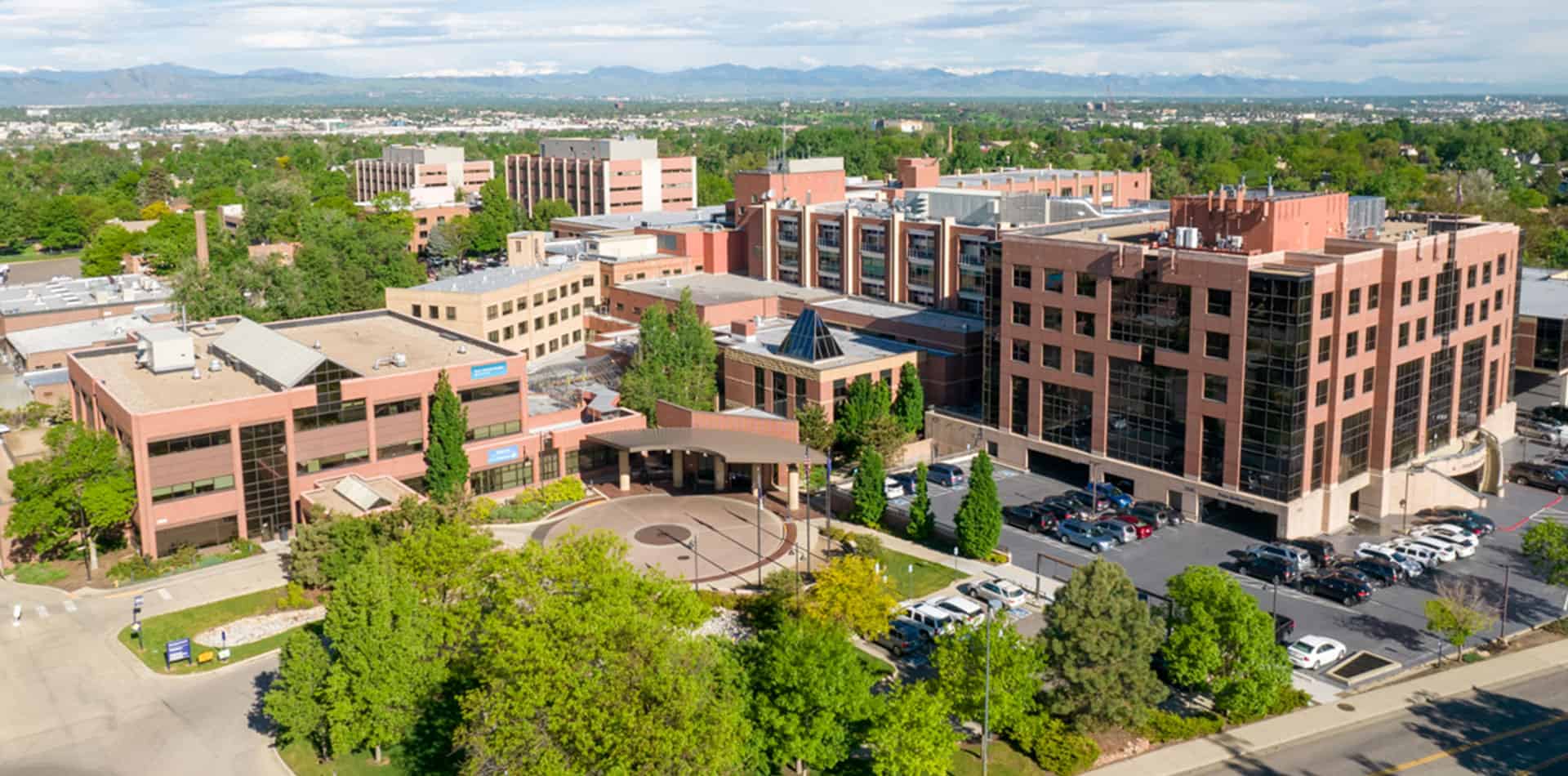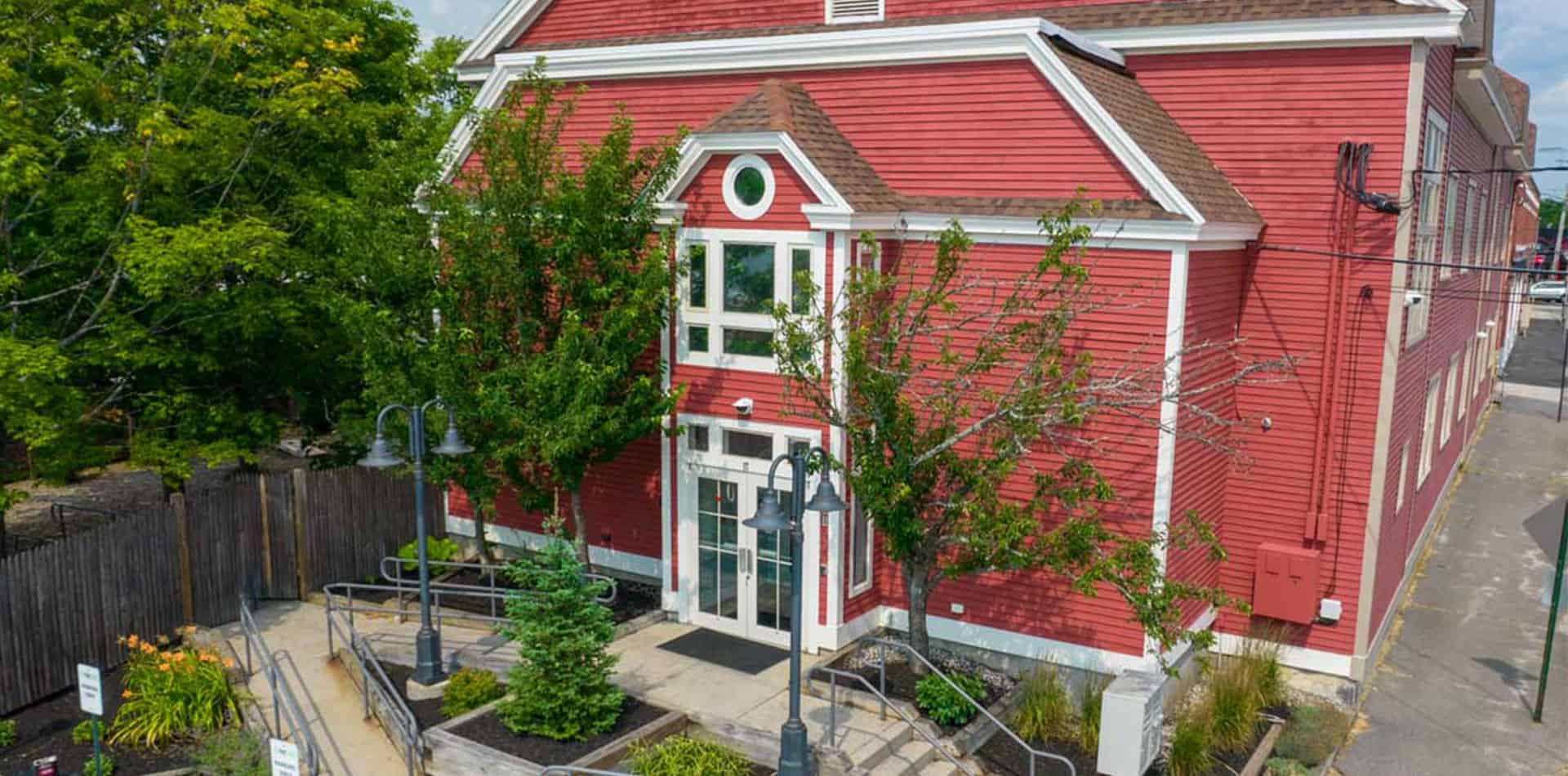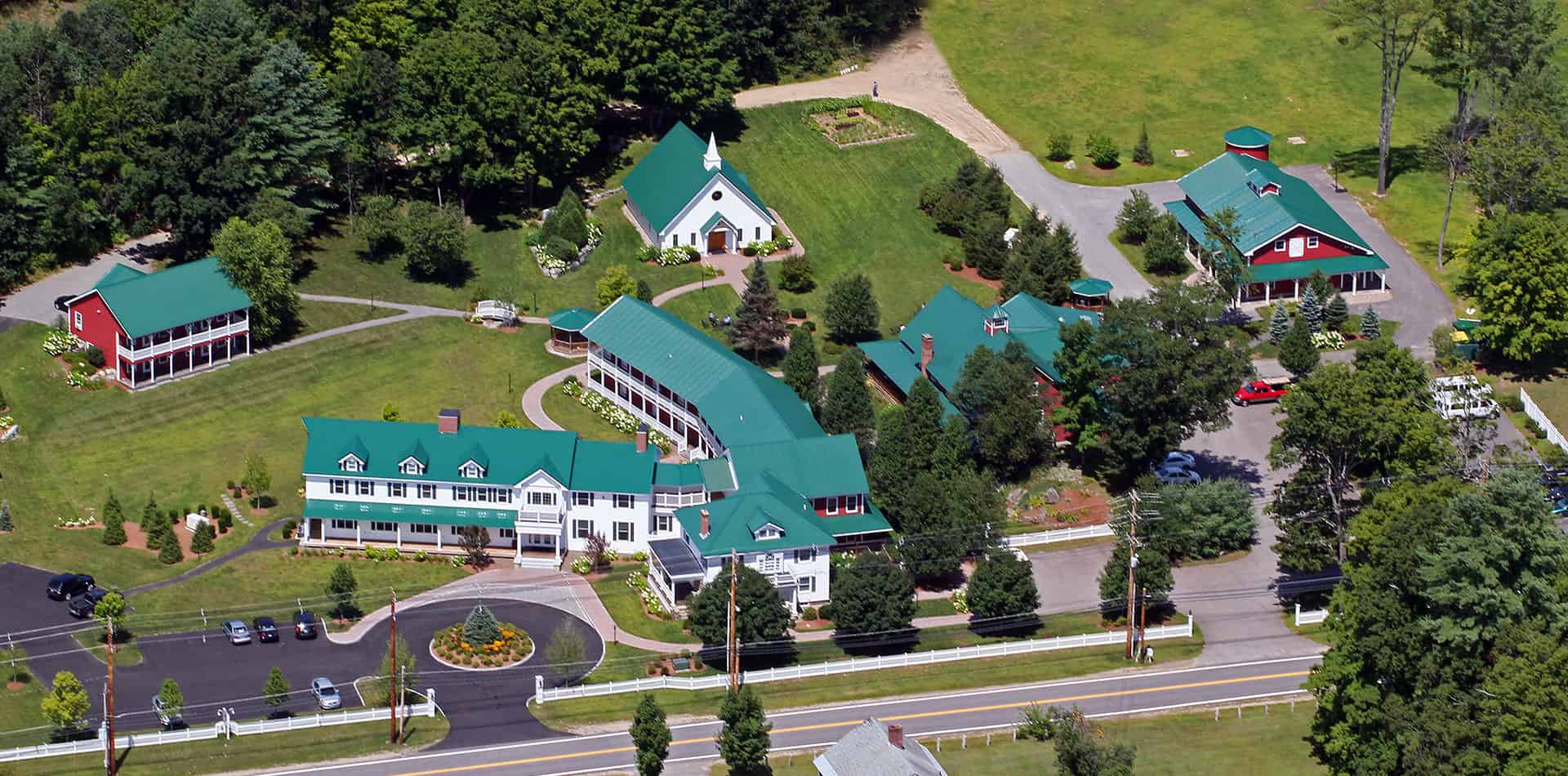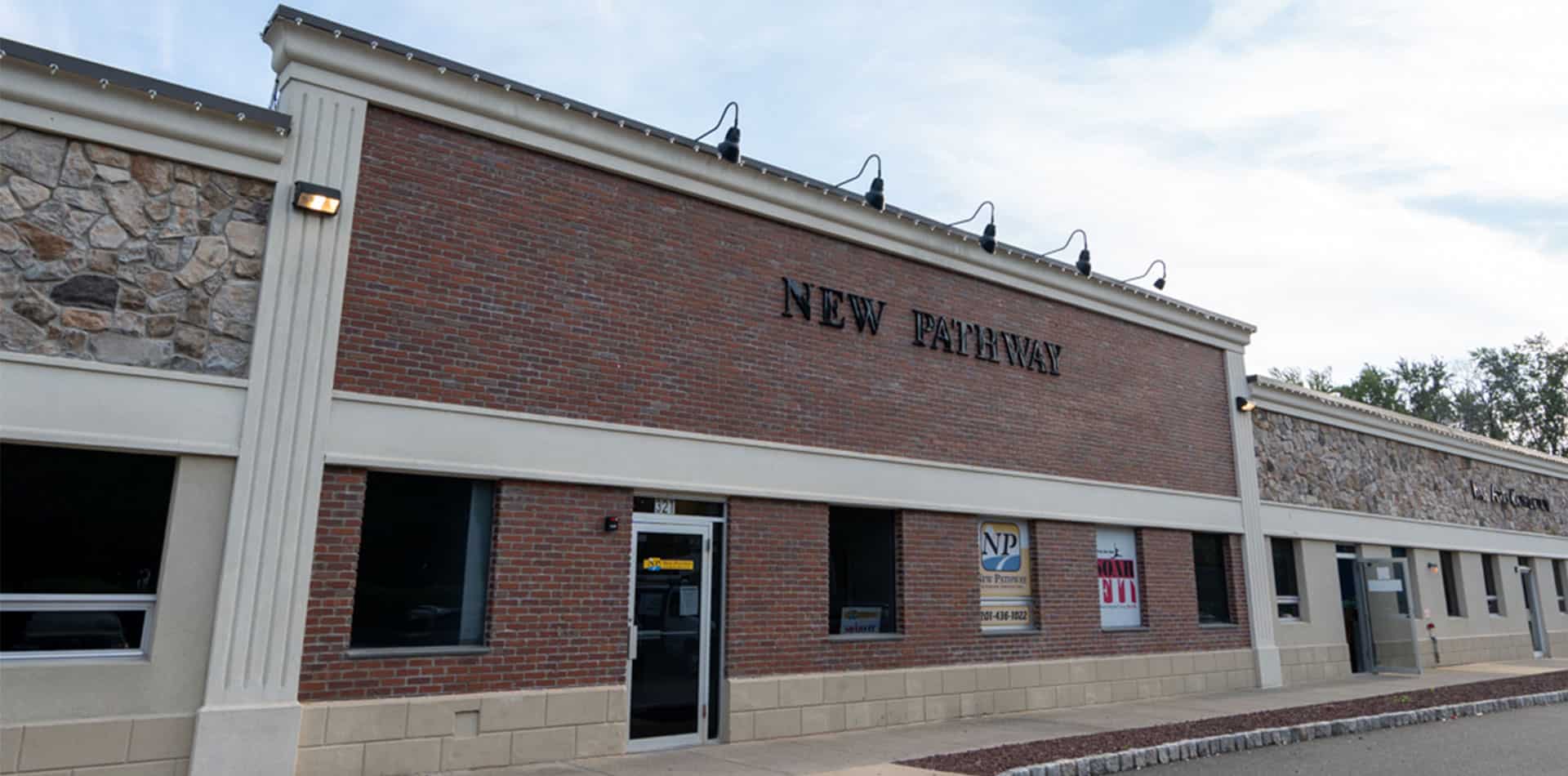Intervention Services
We will give you the support and guidance you need to get started on the road of long-term recovery.
Connecting You With Life-Saving Intervention Services
Are you looking for intervention services? There are few things in life more painful than watching a loved one suffer at the hands of a substance use disorder. You have likely tried to intervene on multiple occasions, begging your loved one to stop, giving ultimatum after ultimatum, or setting personal boundaries that are either ignored entirely or compromised repeatedly. At Guardian Recovery we understand how hopeless and overwhelming watching a loved one fight the battle against addiction can be. Many of our staff members have either been in your shoes or have overcome substance use themselves. We know how quickly you can come to the end of your rope — and we know that when you get there, you likely feel as if you have completely run out of options.
The good news is that recovery is possible no matter how severe a substance use disorder has become, and no matter how lost and helpless you might currently feel. At Guardian Recovery we offer personalized intervention services geared towards helping your loved one connect with the professional addiction treatment they need.
Get Local Help
Helpful, Recovery
Resources
- The Guardian Path
- Recovery Tips
- Frequently Asked Questions
- Insurance Check
- Ask a Question
What to Expect During Admission
Clients and their loved ones interested in Guardian Recovery can expect:
- Compassion We understand what you are going through and promise to do everything we can to help.
- Honesty We will always provide you with honest answers and information about our program.
- Transparency We will explain in-detail, your insurance coverage or how your self-pay program will work.
- Helpfulness We understand this can be a difficult time and you can lean on us. We’ll be there 24 hours a day to answer questions and help anyway we can.
Start Healing Today!
Choose recovery and take control of your life, it’s the path to a brighter future filled with health, happiness, and fulfillment.
When is an Intervention Necessary?
A professionally staged intervention is a good idea if your loved one refuses to seek treatment, if your loved one has become a danger to themselves or others, or if your loved one is suffering from a substance abuse disorder and an underlying mental health condition. Suffering from an untreated mental illness makes it even more difficult to make rational decision. Of course, substance abuse on its own is a disease characterized by irrational thinking and deep-rooted denial. Even if someone suffering from addiction has overdosed repeatedly, wound up homeless and lost everything, obtaining and using chemical substances might still take priority. In situations like these, crisis intervention services are probably necessary. In order for addiction treatment to be effective it does not always need to be voluntary. In many cases, professionally staged interventions are required in order to get the ball rolling. The moment you contact Guardian Recovery and explain your current circumstances we put you into contact with Josh or one of our other highly experienced interventionists who will compassionately walk you through every step of the process.
Professional Intervention Services
Each call to Guardian Recovery for intervention is treated with gravity and urgency. We know that a hurting family is reaching out in desperation — and that the life of a loved one hangs in the balance. Your call sets our highly effective, evidence-based intervention process in motion.
Intervention Process
In-depth Assessment
The first step an interventionist takes is to converse with you and your loved ones in order to discover exactly what has been going on. The interventionist will ask important questions regarding the addict’s behaviors, past traumas, mental health diagnoses, medical concerns, past treatment experiences, etc. This information will be used to help determine what treatment path is most clinically appropriate.
Deciding on a Treatment Plan
The interventionist, you and your family will review different options for clinical treatment. These could include medical detox, residential inpatient or intensive outpatient treatment. It is important to note that these options do not need to be within the Guardian system of care. Our interventionists will work with you to decide on the best care possible for your individual circumstances no matter if it is with Guardian or elsewhere. The interventionist will help you decide what programs are appropriate for the addicted individual’s clinical needs.
Addiction Education
Your interventionist will help you to better understand what has been going on with your addicted loved one. Addicts and their families are often speaking two different languages. To you, your addicted loved one’s behaviors probably seem baffling and insane. Your interventionist will help you to make sense of what’s been happening and how you can help. During the intervention, your interventionist will be able to minimize the addict’s power to manipulate you or weaken your resolve.
Choosing an Intervention Method
You and your interventionist will determine what method of intervention is going to be most successful for your loved one. in some cases a surprise intervention is the best route, while other times an invitational model is more appropriate. Your interventionist is very experienced in determining what intervention model will work best for your unique set of circumstances.
Intervention Planning
One of the most important steps in the intervention process is to determine what possibly could go wrong. What are the potential objections your loved one will raise to receiving treatment? By determining all of the potential pitfalls and coming up with solutions to those challenges in advance, you will enter the intervention with some idea of what to expect and confidence in what to do and how to react.
Writing & Reviewing the Letters That Will Be Read
The interventionist helps participants write letters that will be read aloud during the intervention. These letters are non-confrontational and avoid placing blame. Instead, they detail how each participant has been directly affected.
Deciding on Boundaries
The interventionist helps participants set personal boundaries that are to be shared during the intervention and maintained should the person refuse treatment.
Staging the Intervention
Your interventionist will travel anywhere to help you stage the intervention. The interventionist will take the lead and guide the process. According to Guardian’s Chief Interventionist Josh Scott, “about 80 percent of cases go to treatment within the first 30 to 45 minutes of the intervention. Then there’s about ten percent that grinds on for a few hours. Then there’s about 5 percent that drag out all day. And then there’s another 5 percent where the patient refuses and we stay and are supporting the family for days or even a week or two before the patient finally says ‘Fine. I’ll go. I give up.’” No matter what happens, you interventionist will be there to support you.
Continued Support
Your interventionist will regularly communicate with you and the chosen treatment center to check on your loved one’s treatment progress. If your loved one begins to show signs of deviation from the treatment plan, your interventionist is there to re-intervene and hopefully get your loved on back on course. The job is not done once your loved one enters the doors of a treatment facility; the work is just beginning. Your interventionist will be there to support you through the treatment process and guide you after treatment concludes.
Complimentary Insurance Check
Find Out Today!
"*" indicates required fields

Our Locations
Our Facilities & Teams Transform Lives
Changing lives by providing comprehensive support and rehabilitation, empowering individuals to overcome addiction and regain control of their health and well-being.
Our Chief Interventionist
About Josh
Josh Scott is the CEO and chief interventionist for Guardian Recovery. He has been conducting crisis interventions with families for the past 14 years and has a remarkable track record of getting highly resistant individuals to commit to going to drug or alcohol treatment. Of his more than 500 interventions, only four have ever not resulted in treatment. That’s an impressive 99 percent success rate.
Josh was originally inspired to do interventions because he himself is the product of an intervention. His family staged one for him when he was 22 years old.
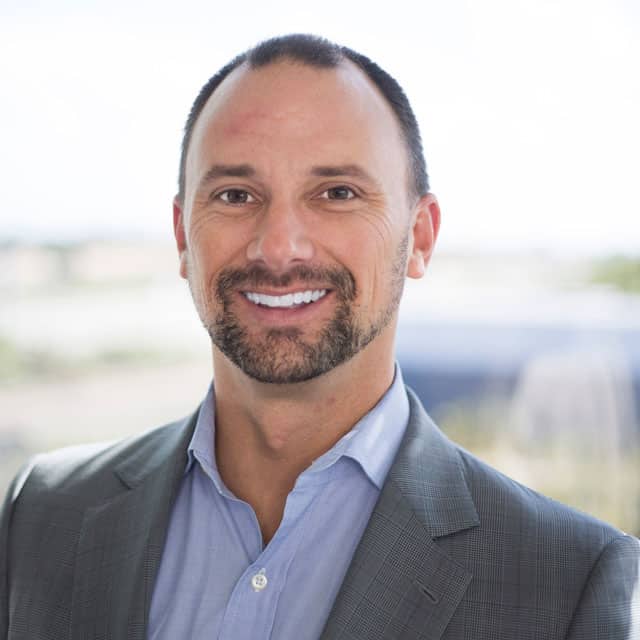
Since getting sober, Josh has gained roughly two decades of professional experience in the addiction treatment and mental health fields. He has led Guardian Recovery as its grown from a single intensive outpatient program to having facilities in multiple states including Maine, New Jersey, Florida, New Hampshire and Colorado.
Josh is trained in multiple models of intervention styles including the Johnson Model, the Invitational Model and the Family Systemic Model. He has become an expert at helping families decide the right approach to intervention, then guiding them through the process. Josh has traveled to Canada, Europe and throughout the United States to stage interventions. He has a deep passion for helping families find hope and assist their addicted love one in building new lives in long-term recovery.
In addition to Josh, Guardian Recovery has an impressive list of other interventionists under the guidance and direction of Josh. If you don’t connect with him, there are a number of other high-quality interventionists whom you might resonate with.
READY TO MAKE A CHANGE?
Your Next Steps
Comprehensive Clinical Care
At Guardian Recovery we remain dedicated to providing our clients and their loved ones with the most comprehensive and individualized clinical care available. Our program of recovery often begins with a professionally staged intervention (whenever necessary), continues with medically monitored detox and transitions immediately into the next appropriate level of care — whether that be inpatient treatment or intensive outpatient treatment. At Guardian Recovery we understand that because active addiction affects everyone differently, no two programs of recovery should be identical. Our focus on individualized treatment planning is just one of the factors that sets our program of recovery apart from the rest.
Help Your Loved One Get Started
If someone you love has been suffering from a substance abuse disorder and has consistently refused to seek or receive professional treatment, Guardian Recovery is available to help. We work closely with several trained interventionists, all who boast extremely high success rates and who understand the importance of receiving treatment as quickly as possible. The moment you make the decision to contact us we put you into touch with one of these compassionate interventionists, who then walks you through every additional stage of the process from start to finish. Treatment does not need to be initially voluntary in order to be effective.
At Guardian Recovery we offer several levels of clinical care. In most cases, an individual who has undergone an intervention is immediately admitted to one of our medically monitored detox facilities, where he or she undergoes a pain-free drug or alcohol withdrawal in a safe and structured environment. While your loved one is in medical detox, our clinical and medical teams develop a personalized plan for continuing care, which often includes a transition into one of our inpatient treatment centers. At Guardian Recovery, we are dedicated to helping you and your loved one through every single stage of the early recovery process. For more information or to help your loved one begin on his or her personal journey of healing contact us today.
Reviewed professionally for accuracy by:

Ryan Soave
L.M.H.C.
Ryan Soave brings deep experience as a Licensed Mental Health Counselor, certified trauma therapist, program developer, and research consultant for Huberman Lab at Stanford University Department of Neurobiology. Post-graduation from Wake Forest University, Ryan quickly discovered his acumen for the business world. After almost a decade of successful entrepreneurship and world traveling, he encountered a wave of personal and spiritual challenges; he felt a calling for something more. Ryan returned to school and completed his Master’s Degree in Mental Health Counseling. When he started working with those suffering from addiction and PTSD, he found his passion. He has never looked back.
SELF-ASSESSMENT:
Do I Have a Substance Use Disorder?
Disclaimer: Does not guarantee specific treatment outcomes, as individual results may vary. Our services are not a substitute for professional medical advice or diagnosis; please consult a qualified healthcare provider for such matters.

